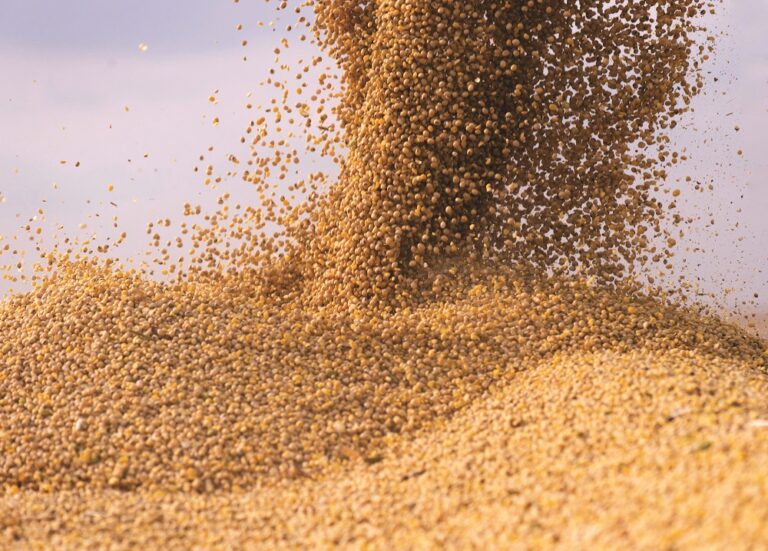England and Wales have followed Scotland in announcing a consultation on livestock feed controls. The consultations are gauging views on permitting non-ruminant Processed Animal Protein (PAP) in pig and poultry feed which has been prohibited for over two decades. Specifically, the proposal is for poultry PAP to be permitted in pig feed, and porcine PAP in poultry feed.
Adrian Kesterson, technical advisor to FABRA UK, the trade association for the UK animal by-products sector, said safety and sustainability provide a compelling case for changing animal feed rules, but the industry must make its voices heard.
“Restrictions on pig and poultry feed were brought in as a precautionary measure within the UK’s BSE prevention strategy. Scientific evidence and experience from Europe demonstrate that the proposed changes are entirely safe and offer advantages in terms of nutrition, animal welfare and sustainability,” said Kesterson.
“Our members produce PAP and support updating the feed rules. We encourage farm to fork stakeholders to respond favourably on the changes. We recognise that safety will be foremost in the public’s minds. All PAP products are made from healthy animals with high standards for hygiene and traceability. Proteins derived from ruminants (cows, sheep and goats) and intra-species consumption will remain prohibited with strict processing rules and testing to back this up.”
Kesterson said the consultation also covers insect proteins in pig and poultry feed as well as ruminant gelatine in non-ruminant feed. FABRA UK supports both these proposals too. PAP offers nutritional benefits for pigs and poultry which are both naturally omnivorous requiring rich sources of protein in their feed. Work in Europe suggests optimal inclusion rates for PAP are 5–10% at which they improve animal health and productivity in comparison to vegetable protein sources like soymeal.
“Animal by-products offer significant potential for greenhouse gas reduction, principally through avoided deforestation. Poultry PAP and Porcine PAP have just 20-25% greenhouse gas emissions of soymeal, the most common imported protein source. The research on this was carried out by colleagues in Europe with the verified results available in the GFLI database.”
The European Union made similar changes to its legislation in 2021 and creating a level playing field for the UK livestock sector, which is still integrated into European supply chains is another benefit of updating the rules.
The consultation in Scotland has now closed while the England & Wales consultation closes on 1 April 2025 and anyone wishing to respond can do so online. The intention is that any potential future changes made would be implemented at the same time across Great Britain.


